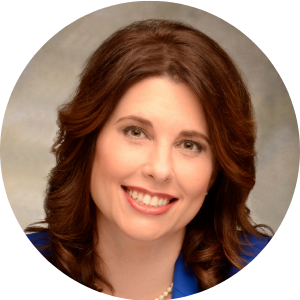Social Impact | From Idea to Enterprise with Suzanne Smith
Organizations committed to sustainable change bake it into their business model. There are a host of labels and designations for those that “do good”: conscious capitalism, social impact, social entrepreneurship, BCorp, etc. In this episode, we explore the differences and how they function. Suzanne Smith, founder & CEO of Social Impact Architects and adjunct professor at Pepperdine University and the University of Texas at Arlington unpacks it for us.
Show Notes
“[As a social entrepreneur] You don’t always do things (directly) connected to your bottom line, you don’t always have to get an immediate benefit out of something, because it’s part of who you are and your ethos – baked into your DNA.”
– Suzanne Smith
The nuances of doing good
We hear a lot of labels today around “doing good” in business: conscious capitalism, social impact, social entrepreneurship and more. But what are the differences and how do they function in the business world?
Today Suzanne Smith – an expert in social impact who works with nonprofits, foundations, socially responsible businesses and individuals – unpacks it all. She founded Social Impact Architects back in 2009 with a goal to reshape the business of social change, and she teaches on these topics as an adjunct professor at Pepperdine University and University of Texas at Arlington.
Looking differently at social change
We discuss how social change exists in a middle space between the business world and government where neither has entirely tackled it head-on. Historically, the business sector hasn’t created enough of a market for social change, but in recent years brands look differently at how they engage. Creating change has become much deeper than charity donations and volunteering. With such a surge, it’s important for brands and individuals to rely on research-backed methods and best practices without reinventing the wheel. But it’s also important to not lose sight of what you can uniquely bring to the table.
Social entrepreneurship, charity, conscious capitalism
[8:40] “So the traditional notion of charity is the whole idea of ‘I’ll give a man a fish,’ if we want to use that analogy. Social entrepreneurship changes that narrative and says, ‘You know what, let’s teach a man to fish. Let’s figure out how to do that to scale.’
“We leverage the toolkit that businesses established to create market-based solutions.”
[12:22] “Social innovation is about the idea, social entrepreneurship is about the mindset, and social enterprise is about the business model.”
[21:55] “That’s where I would put the conscious capitalists, those are the people who are hardwired around the idea of, we want to, we want to do a better job of creating social change. But typically, they’re looking at it more from a business practice perspective, it’s part of their ethos.”
The difficulty of effecting social change on a grand scale
[10:58] The danger of starting from scratch: “Leapfrog innovation, which is yes, we want to create change, but we want to give ourselves the best chance at creating impact. So we want to build it on a solid foundation of best practice research, problem, ideation, etc. So that way, we get as much impact as we possibly can from that innovation.”
People are drawn to social change
[30:15] “I consistently look at what I purchase, and I vote with my dollar…if you look at some of the research that’s been done, those companies who perform better time after time, are the ones that are socially conscious. People running those organizations are making more thoughtful decisions, they’re making less decisions that are in the short run, the better decision versus the long run being the better decision.
“Companies have to start thinking about these issues. It’s not just about them creating the product or service anymore… Do their employees have appropriate daycare? Are they moving their employees up in a career pathway?”
Her recommendation to students
[37:40] “Find that thing that they’re uniquely passionate about, marry that with the thing that they are uniquely God-given from a talent point of view,”
Resources mentioned in this episode:
https://socialimpactarchitects.com/
https://www.linkedin.com/company/social-impact-architects/
https://www.linkedin.com/in/suzannesmithtx/
https://twitter.com/socialtrendspot
https://www.instagram.com/socialtrendspot/
https://www.facebook.com/SocialImpactArchitects
Sign up for Social TrendSpotter blog:
https://socialimpactarchitects.com/newsletter-signup/
Sign up for Rise Leaders newsletter:




